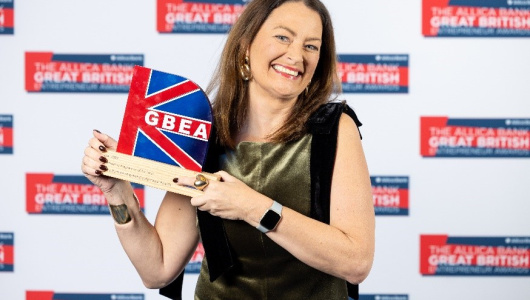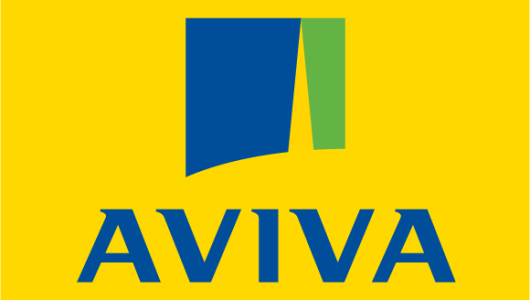Assets in discretionary model portfolio service (MPS) grew by over a third (36%) in the 12 months to September 2024.
And costs fell by almost half in three years, from 1% to 0.54%, according to NextWealth’s latest bi-annual MPS tracking study.
NextWealth said growth is being powered by strong markets plus a shift from advisory and bespoke discretionary models. This is being fuelled by the Consumer Duty which is leading advisers to outsource investments.
The platform consultancy said fee pressure is on the ongoing charges figure (OCF), with the average OCF shrinking from 75bps in 2021 to 36bps in September 2024.
It added that some of the shift of fees relates to the rapid increase in use of passive options. The percentage of assets in passive has increased to 43% from 29% in just two years.
Heather Hopkins, managing director of NextWealth, said: “The MPS sector is thriving but crowded. DFMs are having to be fleet of foot to compete. One clear trend is the use of a building block approach among DFMs offering active solutions.
“These firms use in-house products as part of the mix to help bring down cost, widen the investment universe and ease challenges of rebalancing on platform. Our research shows amongst those who use in-house products over half (52%) of assets are allocated to in-house products.”
Dominance of larger firms
NextWealth revealed that the top 10 firms captured two-thirds of all net asset growth while the remaining 42 firms captured only one-third of growth.
Tatton, Quilter and Timeline are important drivers of this concentration of assets. The firms added over £14bn in the year to 30 September 2024.
Hopkins said: “The big players are capturing a disproportionate share of assets in MPS. Two thirds of all net asset growth in the last year was added by just 10 firms. There is a growing concentration of assets among the larger players, as scale becomes important to driving down cost. There remains a long tail of smaller providers but collectively they are managing a smaller share of assets.”
Tailored models
The NextWealth’s research found that most DFMs offer tailored models, but many are expressing reluctance due to operational complexity, consistency of client outcomes and service challenges.
DFM distribution models
The report identified four main business models for DFMs, with most operating at least two models.
The models include:
· Investment led: examples include Waverton, Quilter Cheviot and Schroders
· Service led: examples include Tatton, LGT and PortfolioMetrix
· Tech led: examples include Timeline
· Advice integration led: examples include 7IM and IBOSS
“Clear differences are emerging between DFMs based on the primary business model. Investment led firms major on their investment credibility and often offer MPS as part of a wider investment solution business,” said Hopkins.
“Most firms say they are service led, but some put service and the ability to customise the offering and work closely with advice firm clients front and centre. The pressures and drivers of growth differ between the models, and we think firms that don’t fit into one of these four models will struggle to capture share in future.”
Sustainable investing
Hopkins said assets in sustainable portfolios represent less than 10% of the wider MPS market, growing from £9.4bn in 2023 to £10.6bn in 2024.
She said: “15 DFMs said that the share of assets in sustainable portfolios fell in the last 12 months and only four reported an increase. The feedback we got is that this wasn’t the result of outflows but the result of stronger flows to other models.”
The NextWealth’s MPS Proposition Comparison Report quantifies assets in discretionary MPS and compares propositions from leading providers and tracks changes over time.
It is aimed at those wanting a detailed understanding of the UK discretionary MPS market and how it’s evolving.
The results presented in the report are based on data requests from DFMs, interviews with representatives of those firms, surveys of financial advice professionals and NextWealth’s knowledge and expertise on the UK financial advice and platform market.















Does this illustrate what the regulator was talking about when they said that advisers had to engage more with investments? MPS is an abrogation and seems to show that advisers are not comfortable in the investment sphere. I’m not saying that a client shouldn’t use an external manager, but why through an adviser? That just increases costs.